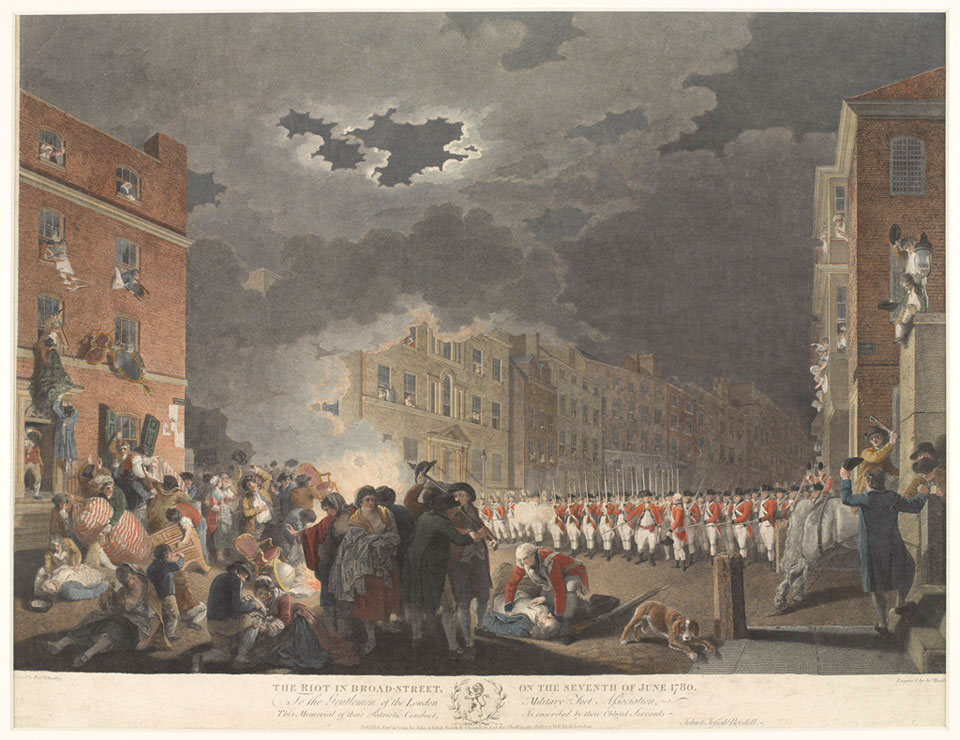Grab ‘Em by the Stock Market
December 21, 2018
It is not a newsflash that Twitter, and the world more generally, can be a toxic place for women, especially women of color. Yet, when Amnesty International released its Troll Patrol Report on Tuesday, December 18, what many women already knew was confirmed by the extensive year-long study the human rights organization conducted in partnership with Element AI in 2017. What the study highlighted is that women of color, especially black women, are targeted by racist and sexist Twitter users the most, with African American women receiving 60 percent more problematic tweets and 84 percent more abusive tweets than white women. Most of the abuse black women encountered on Twitter was racist, the report highlighted.
Examples of what constituted an “abusive” or “problematic” tweet may not be shocking to those who routinely receive such verbal abuse and physical threats, but those complaints need to be taken very seriously from CEO of Twitter and St. Louis native Jack Dorsey. Within the online report, Amnesty International writes we “repeatedly urged Twitter to publicly share comprehensive and meaningful information about reports of violence and abuse against women, as well as other groups, on the platform, and how they respond to it.” In other words, share what you know, which Twitter did not do. As a result, Amnesty International commissioned the study released this week to uncover the extent of human rights harms facing 778 women journalists and politicians on Twitter.
Regardless of whether Dorsey is paying attention to the women who often directly tweet “at” him examples of the abuse they encounter, Twitter’s stock took an 11 percent tumble on Thursday, December 20. According to The Motley Fool, an investing website, investors are looking for brands that do not become ethical and public relations nightmares. Twitter’s stock has been on the struggle bus since mid-summer, when it fell 27 percent in July alone.
The problem, many critics argue, is Dorsey’s movement on making tangible progress towards doing something about abusive speech is slow. Last November people were rightfully outraged that high-profile white nationalists, such as Richard Spencer, were receiving Twitter’s trademark blue checkmark, a symbol which represents not only authenticity and authority, as in “Yes, I am that Richard Spencer,” but also, critics argue, such verification confers official status to dangerous hate-mongers. Last year Twitter released new rules to “reduce hateful conduct and abusive behavior,” but when one clicks on the @TwitterSafety account, the people at Twitter responsible for improving all users’ safety, there is no mention of this week’s Amnesty International report or Twitter’s next steps.
This type of institutional silence causes bigger problems for the company’s bottom line, sure, but more importantly for the journalists and politicians who received messages like “if she was raped, would she keep her mouth shut?” or “Fuck the coon Britain is white you dating gorilla get in your cage.” Silence is not just compliance. It is, as Dr. Martin Luther King, Jr. said, the “ultimate tragedy” when good people say nothing.





